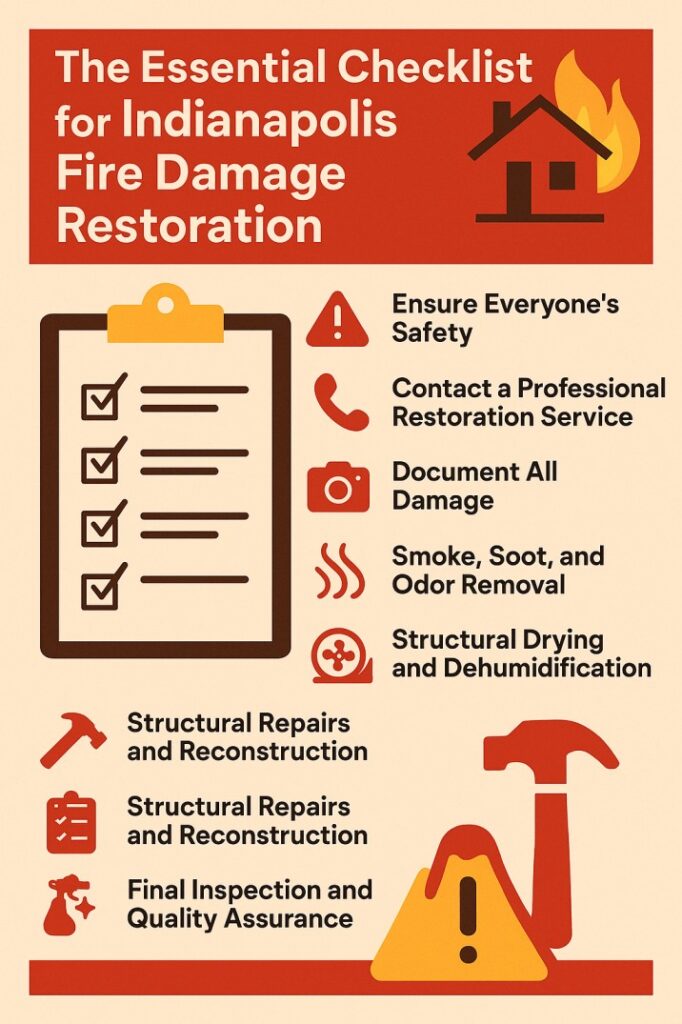In today’s increasingly electrified world, electrical contractor play a critical role in ensuring the safe, reliable, and efficient functioning of electrical systems across residential, commercial, and industrial sectors. These skilled professionals are responsible for designing, installing, maintaining, and repairing electrical infrastructure, and their work is foundational to everything from lighting and power distribution to advanced smart home systems and industrial automation.
What Is an Electrical Contractor?
An electrical contractor is a business or individual licensed to perform electrical work. They differ from electricians in that contractors are often business owners or project managers who employ electricians to carry out the actual labor. Electrical contractors may work independently or as part of a larger construction or engineering firm.
Electrical contractors can specialize in different areas, such as:
-
Residential: Working on homes and apartment buildings.
-
Commercial: Focusing on offices, stores, and other business premises.
-
Industrial: Dealing with factories, plants, and heavy machinery.
-
Integrated Building Systems (IBS): Involving low-voltage systems such as security, data, and energy management.
Core Responsibilities
Electrical contractors handle a variety of tasks depending on the type and scale of the project. Their responsibilities generally include:
-
Planning and Design:
-
Reviewing blueprints and technical diagrams.
-
Designing electrical systems in accordance with local codes and regulations.
-
-
Installation:
-
Installing wiring, circuit breakers, transformers, outlets, and lighting.
-
Setting up complex systems like solar panels or backup generators.
-
-
Maintenance and Repair:
-
Troubleshooting and fixing issues.
-
Performing routine inspections and upgrades to improve system safety and efficiency.
-
-
Project Management:
-
Coordinating with other construction professionals.
-
Estimating costs, obtaining permits, and ensuring timelines and budgets are met.
-
Licensing and Safety Regulations
Electrical contractors must comply with stringent safety codes and obtain appropriate licenses, which typically involve passing examinations and fulfilling apprenticeship or experience requirements. These regulations are essential for ensuring the safety of building occupants and the durability of the electrical systems.
The National Electrical Code (NEC) in the U.S., and equivalent regulations in other countries, governs the standards for electrical installation and safety. Contractors must also stay updated with changes in technology and legislation, especially with the rise of green energy and smart technologies.
Emerging Trends and Technology
The field of electrical contracting is rapidly evolving due to technological advancements. Some emerging trends include:
-
Renewable Energy Integration: Contractors are increasingly installing solar power systems and energy storage solutions.
-
Smart Homes and Buildings: The demand for automation and energy-efficient systems is rising, requiring new skill sets and technologies.
-
Electric Vehicle (EV) Charging Infrastructure: As EV adoption grows, contractors are essential in deploying charging networks.
-
Data and Communication Systems: Modern buildings rely heavily on advanced wiring for internet, telecommunications, and security systems.
Conclusion
Electrical contractors are indispensable to modern society. From powering homes and businesses to supporting high-tech and green innovations, they ensure that the backbone of our electrical infrastructure remains robust and future-ready. As the world continues to embrace new technologies and sustainability practices, the role of electrical contractors will only grow in complexity and importance, making their expertise more valuable than ever.









